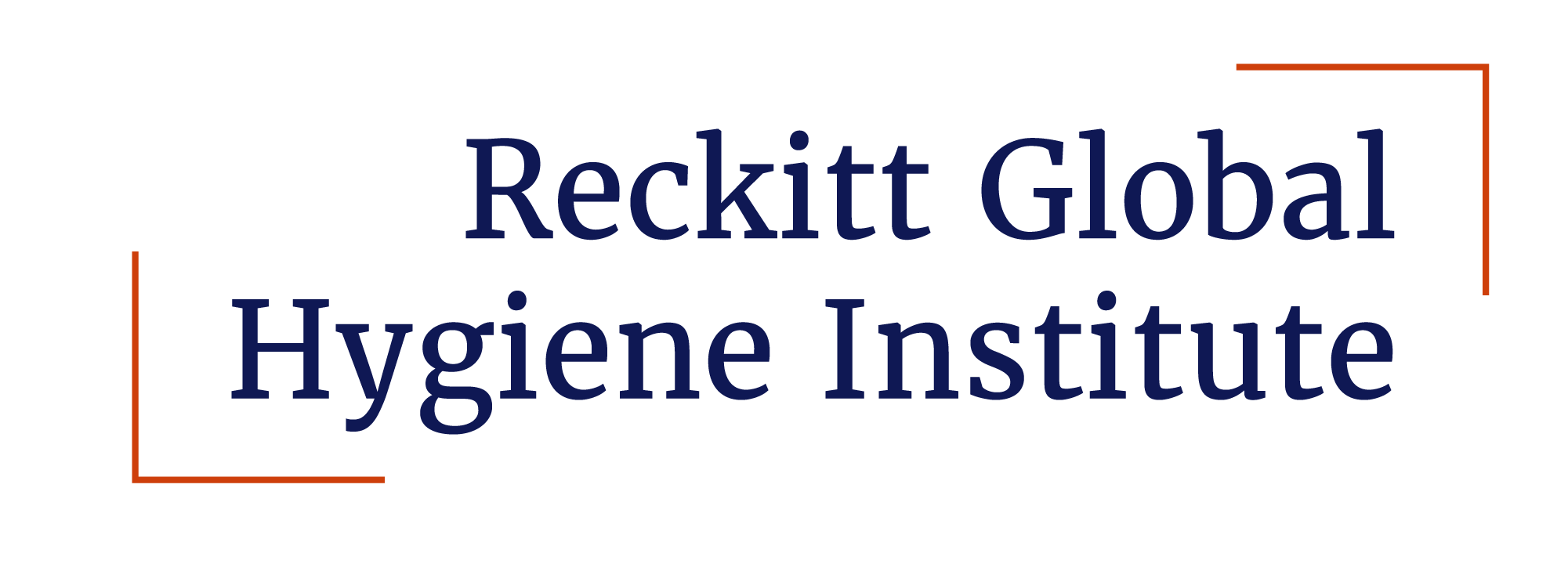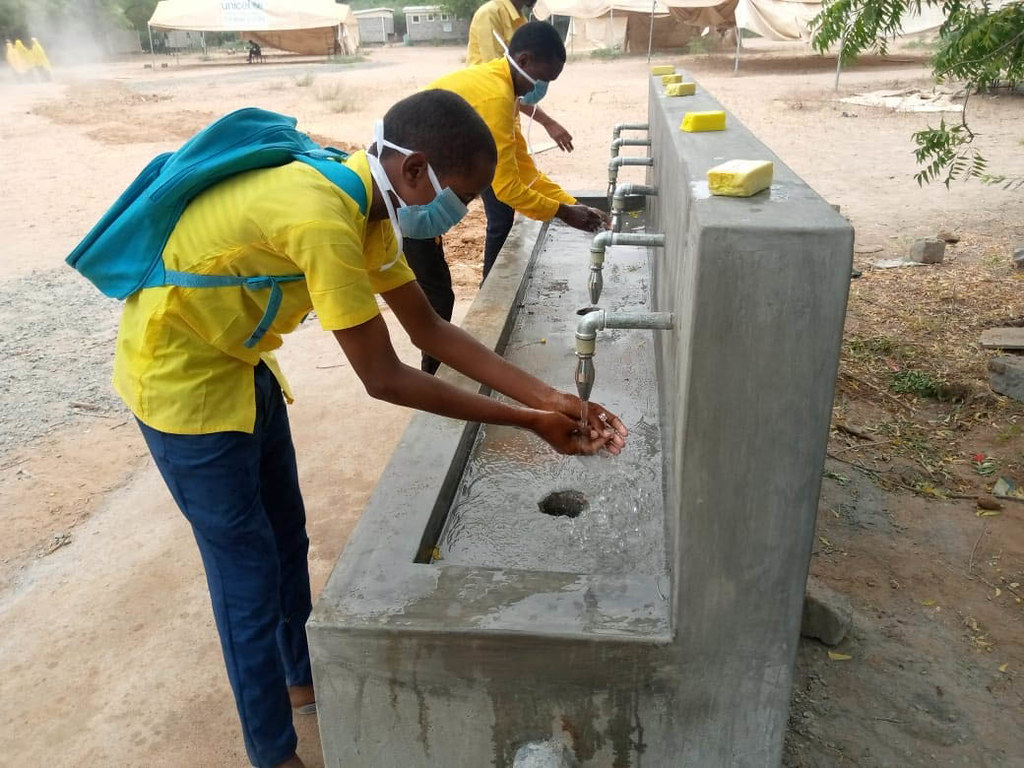Spotlights Series
30 July, 2025
Sheillah Simiyu: Assessing the effectiveness of compound-led initiatives on hygiene practices and maintenance of handwashing facilities in low-income settings in Kenya
This week, we’re highlighting the work of Dr. Sheillah Simiyu, an RGHI Fellow, whose research is addressing hygiene challenges faced in low-income settlements across Kenya. While handwashing with soap can reduce diarrhoeal diseases by 30% and acute respiratory infections by 13%, access to basic handwashing facilities remains critically low across Sub-Saharan Africa.
In Kenya’s densely populated low-income settlements, the challenges extend far beyond simple access to soap and water. Residents face space constraints, shared resources, economic pressures, and the absence of conveniently located facilities that make handwashing at critical moments — after using shared toilets, before eating, or when entering homes — nearly impossible.
Dr. Simiyu’s research offers a revolutionary solution: compound-level handwashing facilities that serve multiple households collectively. This approach addresses key barriers by providing convenient access, enabling collective ownership, creating social reinforcement for good hygiene practices, and maximising resource efficiency through shared investment.
The research project consists of three objectives:
- Exploration of hand hygiene behaviours and their determinants, including assessment of existing infrastructure and documentation of social, psychological, and economic barriers and opportunities in low-income settlements.
- Co-design of compound-led initiatives working directly with residents to identify suitable facility characteristics, test management models, and develop appropriate messaging interventions that encourage sustained hygiene practices.
- Rigorous evaluation through before-and-after comparisons to assess intervention effectiveness in promoting hygiene practices and facility maintenance.
This research is grounded in behavioural science, hypothesising that handwashing facilities serve as environmental cues that prompt hygiene behaviour while collective community efforts ensure sustainability. Dr. Simiyu’s work directly contributes to Sustainable Development Goal 6, demonstrating how communities can effectively manage compound-level hygiene infrastructure.
“This research exemplifies the kind of community-centred approach that is essential for addressing global health challenges equitably and sustainably.”
- Sarah Roberts, RGHI Executive Director
The RGHI Spotlights Series showcases researchers’ inspiring work on improving global hygiene and health outcomes. Each post highlights a project funded through an RGHI grant or fellowship, detailing its goals, progress, and potential impact. These spotlights celebrate innovation and collaboration in tackling some of the world’s most pressing hygiene challenges. To learn more about RGHI-funded research and its contributions to advancing hygiene and health globally, explore our research portfolio.
Stay tuned for more next week and follow RGHI on LinkedIn and BlueSky for the latest updates.
Livia Mulligan, RGHI Communications Assistant



 A view of Old Town Salvador by Mariana Ceratti / World Bank (CC BY-NC-ND 2.0, https://creativecommons.org/licenses/by-nc-nd/2.0/)
A view of Old Town Salvador by Mariana Ceratti / World Bank (CC BY-NC-ND 2.0, https://creativecommons.org/licenses/by-nc-nd/2.0/) Kondwani Chidziwisano
Kondwani Chidziwisano
 Photo courtesy of Peter Lloyd-Sherlock
Photo courtesy of Peter Lloyd-Sherlock